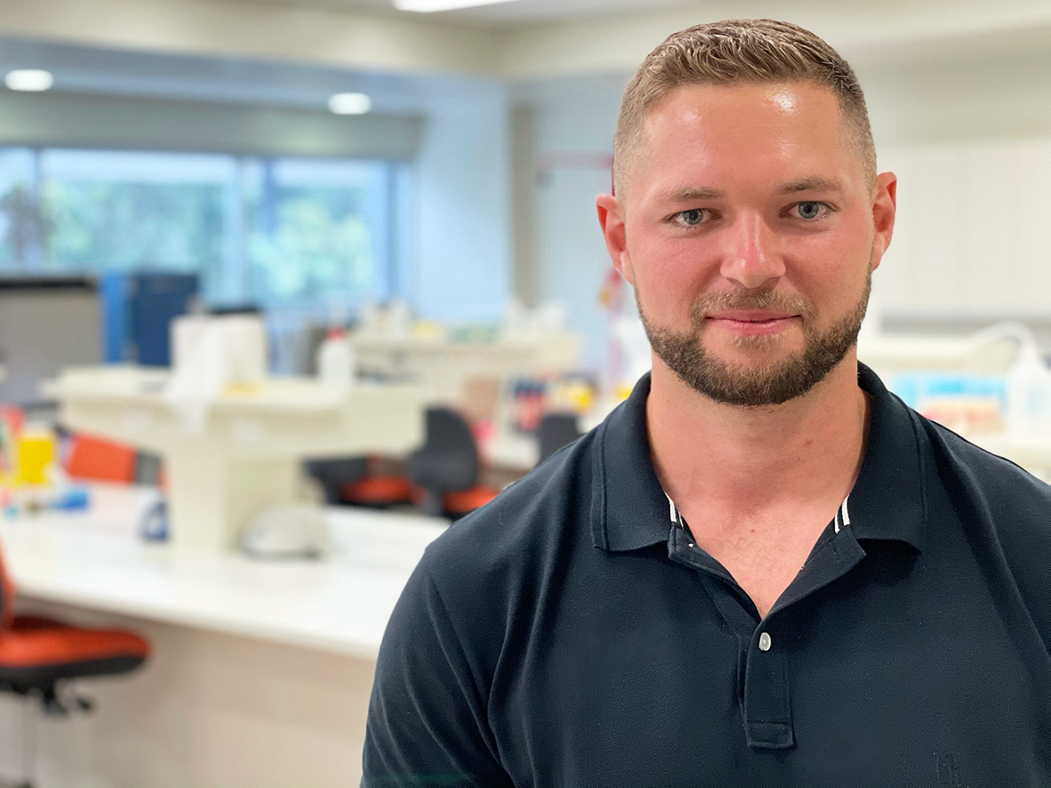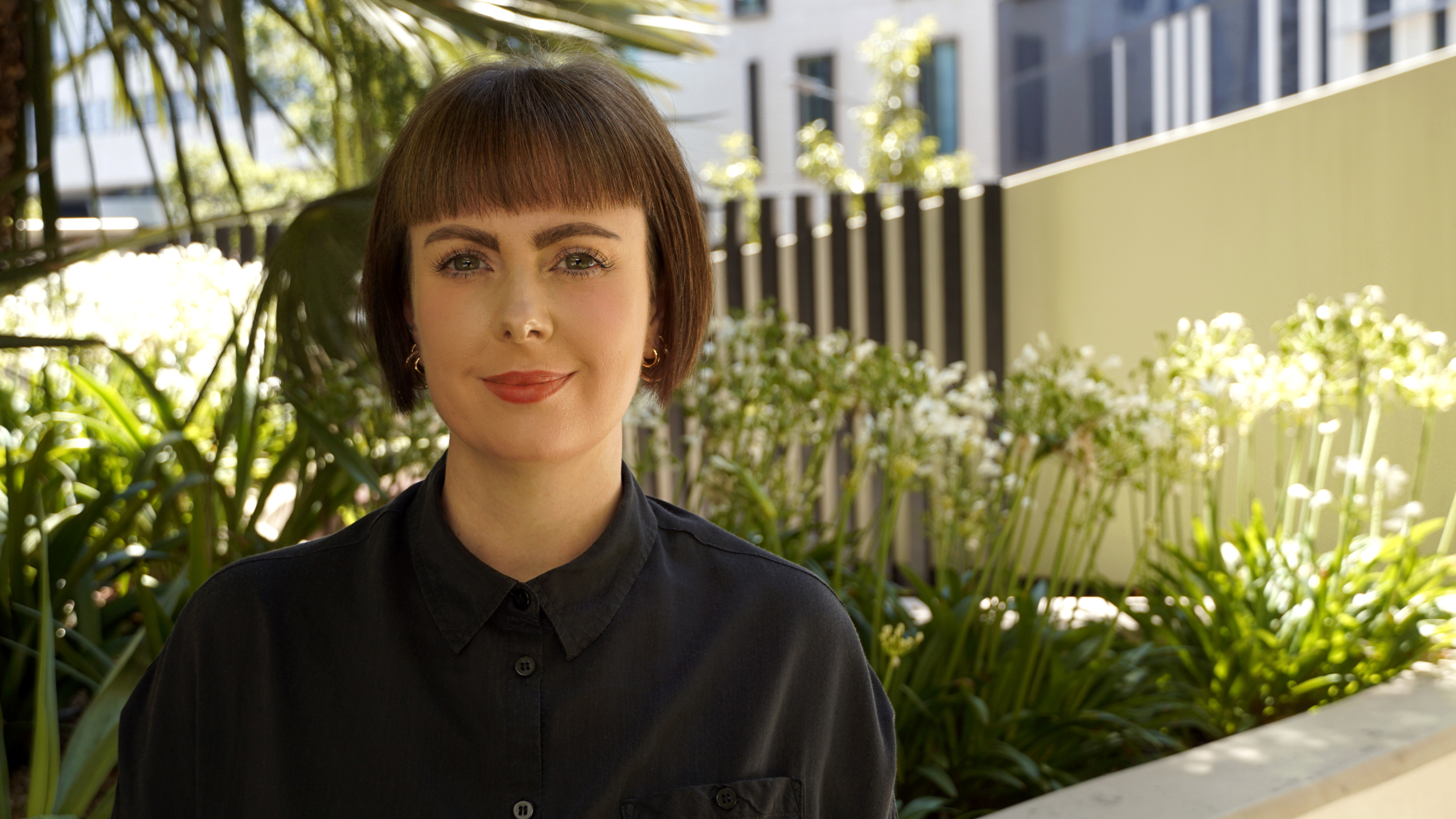28 April 2021
Five of Australia’s most promising young prostate cancer researchers have been granted $600,000 in funding to help beat the disease, thanks to Prostate Cancer Foundation of Australia.
The Young Investigator grants support new researchers who are undertaking projects that expect to provide positive impacts for men impacted by prostate cancer within the next five to seven years.
From improvements in screening for genetic vulnerabilities, to assessing cellular stress to identify the most aggressive forms of prostate cancer, the research projects have the potential to provide significant steps forward in understanding and treating prostate cancer.
PCFA CEO, Professor Jeff Dunn AO, said the five successful projects were selected from a range of high-calibre applications.
“Investment into new research projects remains critical for us as an organisation as it ensures we are constantly pursuing better ways of detecting and treating deadly forms of prostate cancer,” Prof Dunn said.
“We’re proud to get behind some of Australia’s leading young researchers as they pioneer important new studies into this disease.”
The successful projects were selected by an independent expert committee, based on their potential to provide the best possible benefits for Australian men.
Recipients include Dr Richard Rebello (Monash University), Dr Kate Mahon (Chris O’Brien Lifehouse), Dr Sam Faulkner (University of Newcastle), Dr Carolyn Mazariego (The Daffodil Centre) and Dr Katie Owen (Peter MacCallum Cancer Centre).
In Australia, nearly 17,000 men are diagnosed with prostate cancer annually and over 3,000 die of the disease each year.
“Through these five grants we will address key priority areas and importantly, be able to see the impacts of the research within the short term which is a significant achievement,” Prof Dunn said.
“While survival rates for prostate cancer are high, with over 95% of men likely to survive at least five years, we must keep up the pace of work to find curative treatments and ensure that the 220,000 Australian men who have survived the disease can live well.”
For more information about the projects, visit pcfa.org.au.
Australians impacted by prostate cancer can reach out for support through PCFA’s telenursing service to speak with a trained cancer specialist nurse on 1800 22 00 99.
ENDS
PCFA Media Contact: Laura McKoy | M 0435 094 788
Priority Impact Research Awards – Young Investigator recipients

Dr Richard Rebello, Monash University
Screening for genetic vulnerabilities in chr8q-amplified prostate cancer
Progression to end-stage prostate cancer is associated with increased copies of cancer-causing genes in the original tumour. This increase commonly occurs in the DNA surrounding the ‘MYC’ gene, a strong cancer driver, and involves more than 400 other genes. This study will investigate the specific additional genetic changes thought to contribute to poor survival and determines whether these changes are weaknesses that can be exploited as drug targets or as early detection biomarkers, in a precision medicine approach to cancer care.

Dr Kate Mahon, Chris O’Brien Lifehouse
Targeting lipid metabolism in advanced prostate cancer
Prostate cancer remains a major cause of cancer-related death. Patterns of circulating lipids (fats in the blood) are associated with poor response to treatment and shorter life related to prostate cancer. In this project, we plan to identify drugs which can reverse the patterns of lipids in the blood. In the future, this will allow the development of new metabolic approaches to treatment to potentially improve survival and quality of life in men with lethal prostate cancer.

Dr Sam Faulkner, University of Newcastle
Cellular stress to identify the most aggressive forms of prostate cancer
Nerves play a critical role in stimulating prostate cancer growth and metastasis. We have obtained exciting new data showing that nerve infiltration is initiated by the cellular stress experienced by prostate cancer cells. This project will test the value of cellular stress as a biomarker to identify aggressive prostate cancer at the time of diagnosis, as well as the potential of targeting cellular stress to prevent nerve infiltration and prostate cancer progression.

Dr Carolyn Mazariego, The Daffodil Centre
What are the needs of prostate cancer patients, and their partners in Australia? A study that will describe unmet needs and strategies to best satisfy them.
This research aims to identify the needs of prostate cancer patients and their partners. We are interested in talking about any unsatisfied needs post-treatment or management choice. These would include physical, psychological and support needs that are still unsatisfied. In order to do this, we will be sending out surveys to men and their partners enrolled in the Australia-wide Prostate Cancer Outcomes Registry. From the survey we will identify the most commonly reported unsatisfied needs and ask men and their partners to talk to us further about how we can best help them meet these needs.

Dr Katie Owen, Peter MacCallum Cancer Centre
Exploiting novel suppressors of immune signalling pathways in prostate cancer cells to predict and prevent spread to bone
The spread (metastasis) of prostate cancer cells to bone is hard to predict, currently untreatable and ultimately fatal. Our research has identified that an immune signalling pathway, normally intact in less aggressive prostate cancer cells, is suppressed when cancer cells move to bone. Loss of this pathway makes the tumour cells invisible, allowing evasion of immune detection and subsequent growth. We will utilise these pathway changes to identify men most at-risk of bone metastasis and explore how blocking this pathway loss in tumour cells can stop prostate cancer cells spreading to bone.
